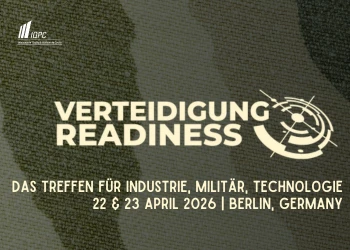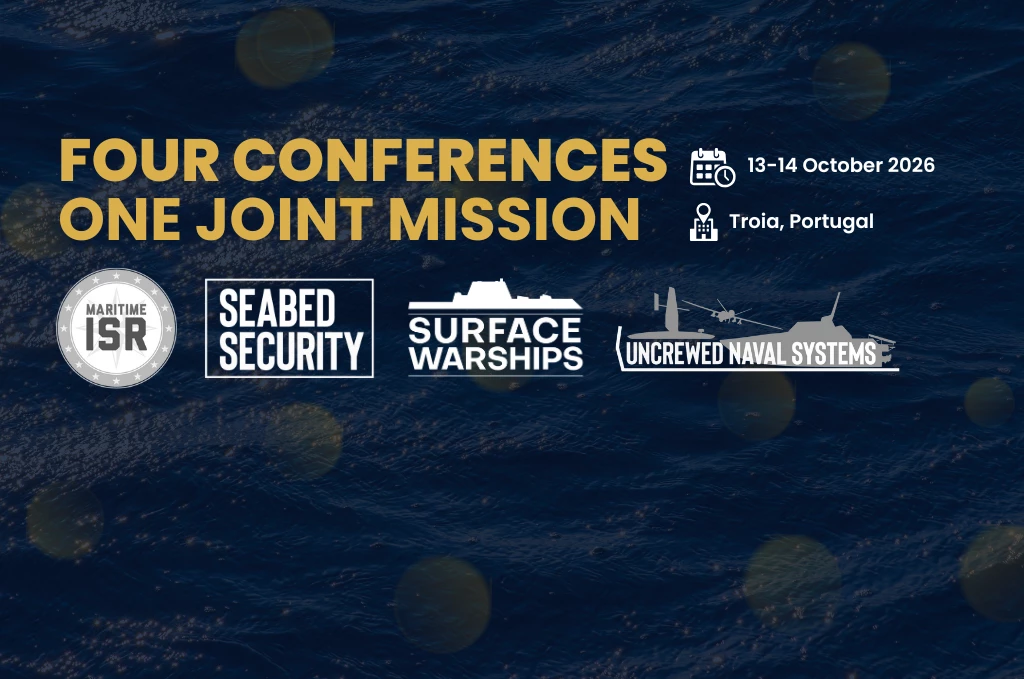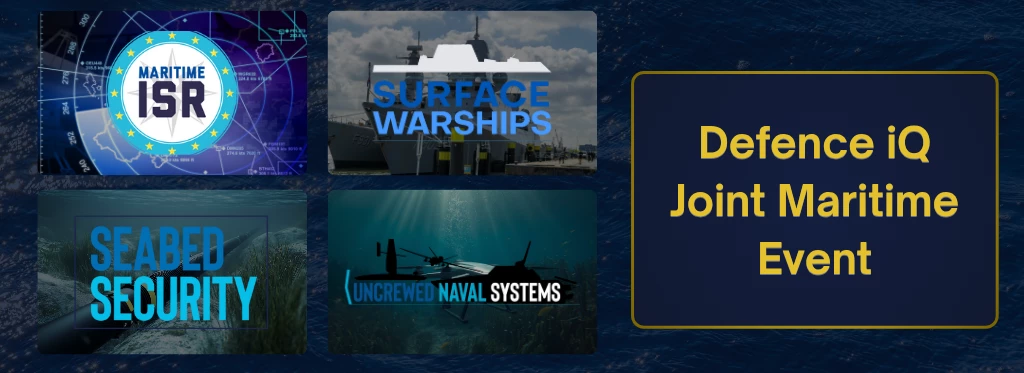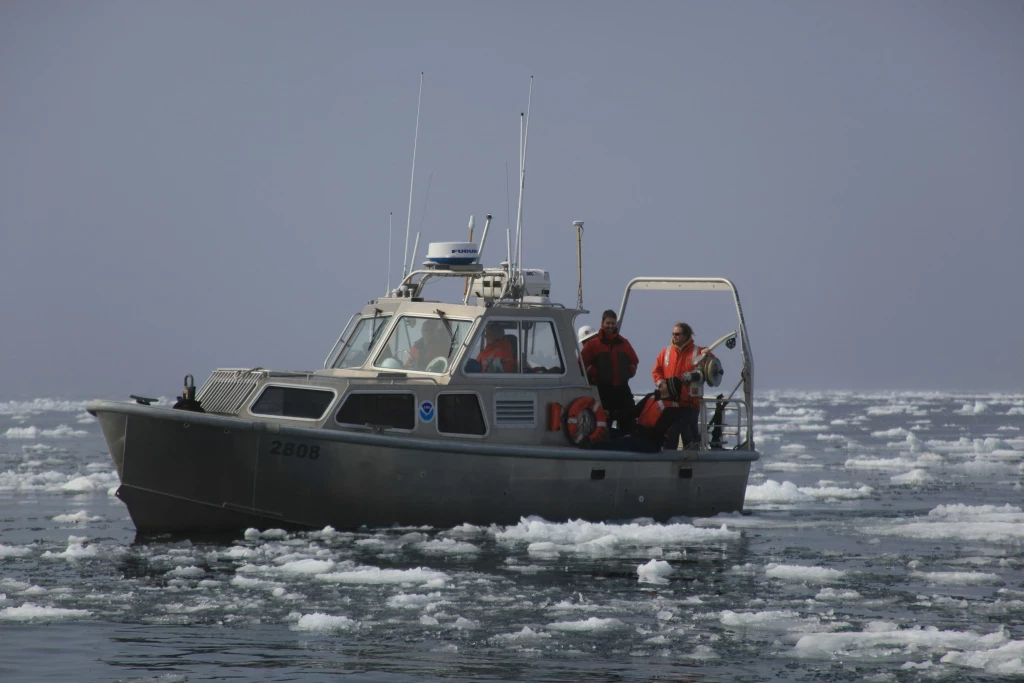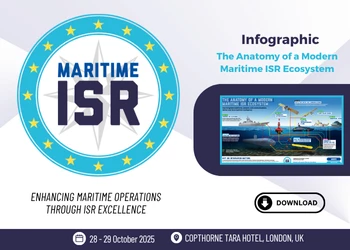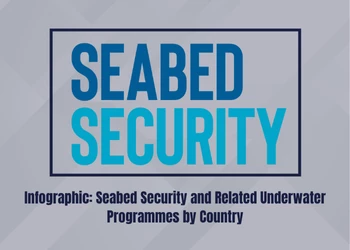Spain's revolutionary new frigate, the F-110
Add bookmarkThe Spanish Navy’s F-110 Frigate, being manufactured by Navantia, aims to replace the country’s six Santa Maria-class ships as they approach the end of their operational life from 2020.
With a full service date of 2025, the fleet will seek to provide a multi-purpose capability for at least forty years and will deliver a platform for unmanned surface, subsurface and aerial vehicles. The ships will work as an intermediate solution between the BAM (Buque de Acciôn Marîtima) ships and Âlvaro de Bazân class frigates, providing maritime security, mine countermeasures, escort duties and many other possibilities.
While official information on the development of the programme is limited, Captain Juan Gonzalez-Aller Lacalle, the Navy’s F110 Frigate Programme project officer, will be addressing the delegation at Surface Warships 2014 to explain the strategy behind the incoming fleet and the process involved in the Navy’s partnership with the industry in seeing this capability take to the waves. Before his presentation, he enlightened Defence IQ about the programme’s current status.
"The F-110 will be integrated within the Spanish Fleet in a new frigate squadron, under the Admiral of the Fleet Chain of Command," he says. "The Admiral of the Fleet will be in charge of the readiness, training and certification process of the new units, to make them ready to be integrated in any naval, combined or joint force to undertake real operations. The squadron will then replace the FFG class squadron and, being an oceanic escort as well, the F-110 is expected to have enhanced capabilities to operate the littoral.
[inlinead]
"In Spain, for every programme, the capability development process has four phases: Conceptual; Definition and Decision; Execution; and Service. The ‘Conceptual’ phase has already finished as of January 2013. This phase includes the development of two documents – the ‘Mission Need Document’ and the ‘Staff Target Document’.
"Right now, we are in the middle of the first stage of the ‘Definition and Decision’ phase, which is, in other words, the development of the ‘Staff Requirements’, which should be completed by June 2014. This stage is headed by the Navy Staff. Once this stage is complete, the Ministry of Defence
and the Navy Logistic Command will take the reins of the following stages regarding the capability development and procurement processes."
The programme’s core value in being a multipurpose and modular solution will of course promote a cost-effective solution. However, some of the installations will presumably need to be permanent, so we are curious as to the extent to which physical space on the ship will be limited for specific missions, or whether there is a risk that capability shortfalls will be unavoidable on certain occasions.
"Most of the F-110 capabilities will be permanent, what we call the ‘basic capabilities’ of the ship," explains Lacalle. "In addition, the F-110 will have a flexible multi-mission space dedicated to allocate modular capabilities, non- permanent, that will increase the basic capabilities of the ship only for specific mission profiles. Every modular capability is composed of a mission module, which is the mission systems and support equipment, plus the personnel that is required to operate them at sea.
"A number of modular capabilities have been identified, and will be outlined in that Staff Requirement Document. These include naval special warfare, unmanned vehicles operations (UAV, USV, et cetera), medical support, a prison module, and others. In accordance with the mission profile, a different combination of mission modules will be embarked. We are now fully involved in deep studies to identify all the requirements with regard to the frigate, not only those directly related to the ship but also those related to doctrine, organization, infrastructure, facilities ashore, and so on. We have already identified the additional capabilities that the F-110 is going to provide through its modular capabilities (both the Mission Modules and the personnel responsible for maintaining and operating them). Meanwhile, it is expected to provide some Mine Warfare modular capabilities based on Autonomous Underwater Vehicles, Support to Divers, Remote Controlled Mine Sweeping System (SIRAMICOR), and so on."
With modernisation in today’s climate, there also comes the inevitable issue of cutting back on crew sizes, shifting the task of efficiency to improved systems data fusion and other emerging initiatives.
"Yes, the F-110 is also following this trend and, at this stage, we are analyzing different ways that may allow us to reduce the ship complement, compared with our FFG and F-100 frigates. The overall concept of a reduced crew that the Navy is adopting for all the new units has a direct impact in the procurement cost, decreasing the cost of the life cycle, and also in the displacement (less accommodation areas on board); minimizing as well the probability of casualties in combat or accidents at sea.
"Besides, new technologies allow ship designs with a higher degree of automation and unmanned systems on board, capable of conducting some of the tasks that traditionally the crew would have to perform, and there are other designs involved that will at least not require the permanent attention of crewmembers."
Of course, such ambitious projects are rarely undertaken without installing partnerships with the right people. Having this support structure in place and in constant motion defines the Navy’s strategy to ensuring a lack of conflict and a smooth production road over the next twelve years.
"From the very beginning, we have been working shoulder to shoulder with NAVANTIA," says Lacalle. "A team of their engineers are supporting us and sharing information with the Spanish Navy Staff and Logistic Command to identify most of the F-110 technical requirements. NAVANTIA´s feedback on our operational requirements is therefore allowing us to correctly assess the viability or difficulties to get what we need.
"We are also working with INDRA and other industry partners in key aspects like sensors, weapons and the integrated mast, as an example. All of this work and communication with NAVANTIA and the industry provides real added value to the project as we progress."





